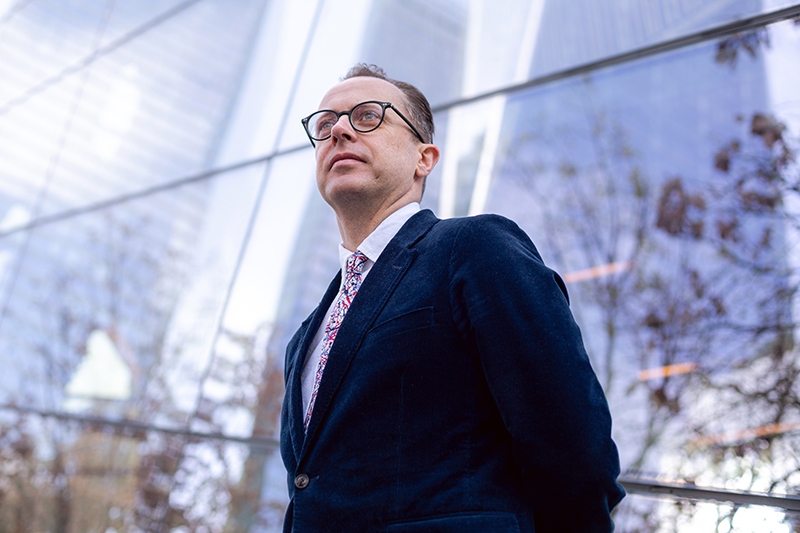Elon Musk, having delivered two Nazi salutes on inauguration day, followed it up. This past weekend he told a far right gathering in Germany he felt there is “too much of a focus on past guilt.” This was two days before ceremonies to mark the 80th year since the closure of Auschwitz.
Last week we seemed to be debating whether the world’s richest man is a Nazi, or autistic. Never mind that it’s offensive to autistic people to suggest they don’t mean what they say and do in public. This week it seems we’re in further denial. For example, I noticed the latest story buried in the inner pages of today’s New York Times, below the fold.
It’s been 20 years since I read Primo Levi’s account of the holocaust, If This is A Man. Imprisoned in Auschwitz for being Jewish, his writing is strong on dehumanization. He describes how prisoners began to treat each other as animals. There was an absence of solidarity. It occurred to me that if I were in a death camp, I’d treat my fellow prisoners like that too. I’d like to think of myself being kind to others and being a good person. But that’s not how human beings are. When we lose hope, we turn on each other. That’s why the memoir is so horrific. It’s not only a condemnation of the Nazis, but an honest examination of our human weakness. I am very grateful for the lessons that came out of Auschwitz and for writers like Mr. Levi for sharing them.
There’s a new novel out, which won the Booker Prize, called Our Evenings. It’s by Alan Hollinghurst and worth picking up. It reflects on the late 20th Century and early 21st through the life of a 70-year old actor. A poor child with a white mother and a long-lost father from Myanmar, he’s a gifted student. He goes to an elite British boarding school on a scholarship. One of his contemporaries is the child of the family who awarded his scholarship. This boy becomes a hard-right politician in later life and sponsors Brexit. I’ll spare you the novel’s conclusion but it’s a grim meditation on the hard right politician. It’s also a celebration of the actor’s alternative path in life. It’s a musing about what turns somebody into an awful person. It asks us all: What makes a person turn awful? What are the implications of their choices, for the rest of us?
I went to school with a boy who later turned to the hard right. He was nice enough at school, a vegetarian when we all ate meat. He had a smidge of moral superiority to him but nothing too worrisome. For whatever reason he ended up as a senior spokesperson for Boris Johnson — the loose basis for the awful character in the novel I just finished. I look back on our time at school with his flack and wonder if I could have been nicer to the boy. Then I realize it wouldn’t have made a difference. He made his choices regardless of how we treated him, and he can account for himself. I hope he can sleep at night but that’s between him and his conscience. I don’t feel a lot of warmth for him, and he’s evaded efforts by my compatriots to reach out, which is a shame. Next!
The bottom line is that while I do believe bad treatment justifies bad behavior, it’s not enough. We’re all weak and capable of betraying one another. But when a man like Elon Musk decides to do the things he’s been doing lately? He’s to blame. I’m not sure what could have prevented Elon Musk becoming Elon Musk. Nor am I sure what could have prevented Donald Trump becoming Donald Trump. But they’ve made their choices. Now it’s up to the rest of us to make our own.
I am horrified at what I’ve seen over the last ten days and determined to say so loud and clear. Elon Musk is a Nazi. He should be reminded of the horrors of Germany’s past rigorously and often. Donald Trump is at best an apologist for him. They should both be more than ashamed of themselves. Their behavior is abhorrent and it demeans us all.
_____________
Matt Davis is a strategic communications consultant in Manhattan.


